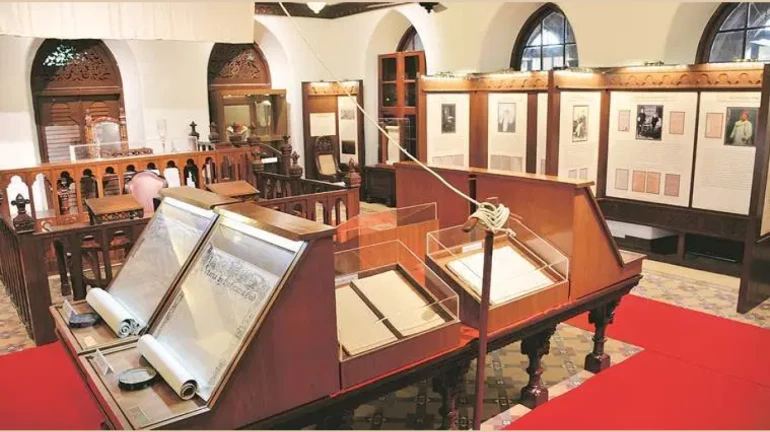
The Bombay High Court has issued a directive to the Maharashtra government regarding a public interest litigation (PIL) that challenges the establishment of the Family Coordination Committee (FCC) in the state. This committee is responsible for monitoring inter-faith and inter-caste marriages. The court has called upon the government to respond to the PIL, which raises concerns about discrimination and privacy violations. The PIL has been filed by prominent NGOs, and it questions the implementation and constitutionality of the committee.
Court Notice and Response Deadline
A division bench of Acting Chief Justice Nitin Jamdar and Justice Arif Doctor has issued a notice to the Maharashtra government, instructing them to file a response within two weeks. The court will then schedule a hearing for the PIL three weeks after receiving the government's response. This development highlights the significance the court attaches to the matter and indicates the possibility of a thorough examination of the PIL's claims.
NGOs Challenge Government Resolution
The PIL has been filed by four influential non-governmental organizations (NGOs): Citizens for Justice and Peace, People's Union for Civil Liberties, Forum against Oppression of Women, and Indian Muslims for Secular Democracy. These organizations argue that the government resolution establishing the FCC is discriminatory and undermines the principles of equality and harmony among diverse communities. The NGOs seek intervention from the court to halt the implementation of the resolution.
Concerns over Discrimination and Privacy
The PIL contends that the formation of the committee is biased against women and specific religious groups. It argues that rather than promoting unity and coexistence, the committee exacerbates divisions among people. The PIL also raises concerns about the lack of measures to protect the data and information collected by the committee, emphasizing the potential privacy violations. Furthermore, it highlights the absence of thorough research to justify the necessity of establishing such a committee.
Violation of Right to Privacy and Legislative Process
According to the PIL, the government resolution infringes upon the right to privacy, which is enshrined in the Indian Constitution. It argues that even if the committee were deemed reasonable, its establishment should have been done through legislation rather than an executive decision. The PIL asserts that a legislative process would ensure transparency, public participation, and appropriate checks and balances.
Samajwadi Party MLA's Petition
In a separate petition, Samajwadi Party MLA Rais Shaikh challenges the government resolution as well. Shaikh's plea questions the assumption that adult women who willingly marry individuals from different faiths require "saving." It condemns this assumption as contradictory to the spirit of the Constitution. The plea further suggests that the resolution is part of a broader attempt to discourage or prohibit inter-faith marriages, echoing concerns about alleged love jihad marriages that have faced legal challenges in various Indian states.





